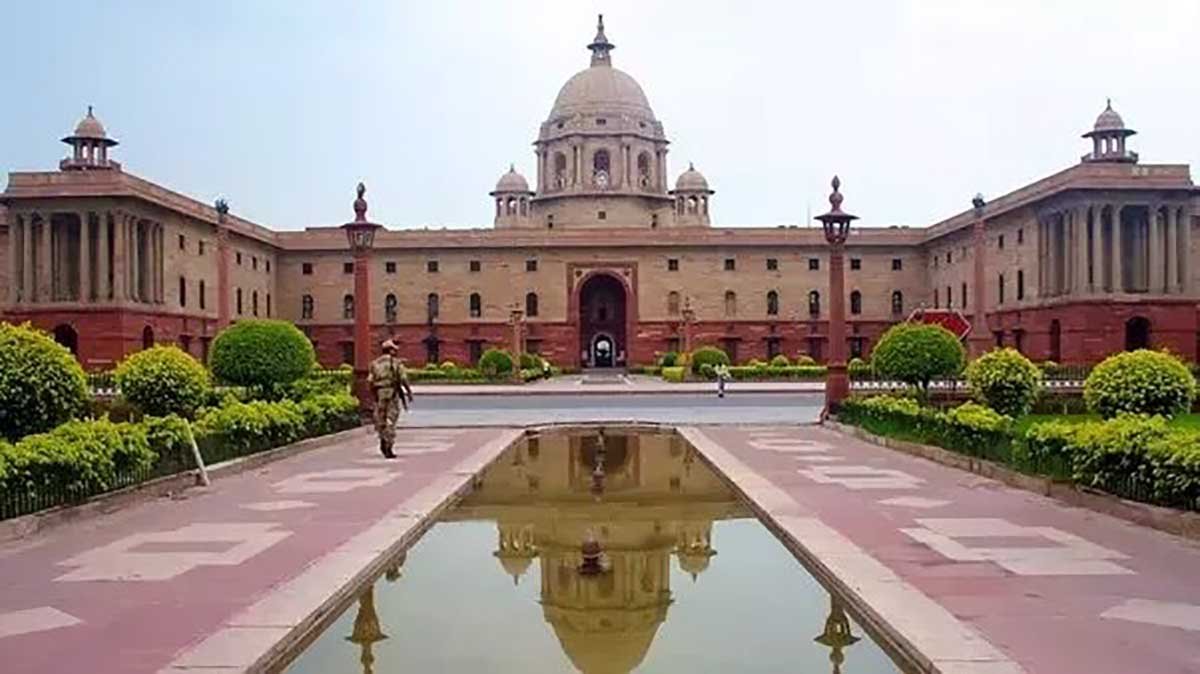
We all must know that the office of the governor under the constitution of independent India is overall altered from the provincial governors of the Maurya, Mughal or British empires. The Governor’s role and purposes had been broadly debated by some of the think tanks of the Constituent Assembly like Dr Ambedkar, Dr P.S. Deshmukh, T.T. Krishnamachari, and HV Kamath, Pt. H.N. Kunzru, Alladi Krishnaswamy Ayyar, Rohini Kumar Chaudhury, Shibban Lal Sakshena, K.M. Munshi.
Their understanding was that the proposed constitution was creating ‘responsible government’ in the states as much as at the centre — that is, responsible alone to the respective legislatures, that the states were indeed sovereign within their own domain, that the discretionary power, beyond the specific situations mentioned in the constitution, does not enable a governor to override the state government.
As Dr. Ambedkar had said, “I have no doubt in my mind that discretionary power is in no sense a negation of responsible government. It is not a general clause giving the governor power to disregard the advice of his ministers in any matter in which he finds he ought to disregard.” Therefore, selecting a chief minister of his choice or creating/utilising opportunities for defections to change the party in power cannot be a governor’s job.
The tussle between the governors and the ruling party of the state is not new to Indian politics. Remember how Delhi Chief Minister Arvind Kejriwal used to stage continuous protests against then the Lieutenant Governor. The Governor troubled him on various issues. When Arvind kept power for the second time his challenges to deal with Lieutenant Governor minimised.
Similarly, during the last few years, the governors of Karnataka, Madhya Pradesh, Kerala, Maharashtra and, of course, West Bengal have played their roles in such a way as to make them highly debatable without essentially adding to the glory of the position and Raj Bhvan. The negative image of the state governors as “a proxy of the centre” has proved difficult to wipe out.
The MVA government and governor have been engaged in a series of spats over various issues. In February, the state government denied Koshyari permission to use the state’s airplane to travel to Dehradun. Last October, Koshyari and the CM wrote letters to each other over the reopening of places of worship. The Governor ridiculed the CM as “secular” while Thackeray reminded him of the Constitution and the oath he had taken.
In September 2021, Governor wrote to CM following the Saki Naka rape incident, asking him to hold a two-day special session over security for women in the state. In response, Thackeray wrote back to Koshyari, saying that since violence against women was a national issue, Koshyari should request Prime Minister Modi and Union home minister Amit Shah to call a four-day special session of the Parliament to discuss the same. The present controversies have been around the issues of the speaker’s election. On December 28, the state passed the Maharashtra Public Universities Act Amendment Bill to curtail the powers of the Governor in appointing vice chancellors of various universities.
The Governor said he had never questioned the prerogative of the House in the matter of its procedure/proceedings but he could not be pressured to give consent to a process “which prima facie appears to be unconstitutional and illegal, as enshrined in Article 208 of the Constitution”. Well! The Article 208 (I) of the Indian Constitution empowers each House of Legislature of a State to make Rules for regulating its procedures and conduct of its business. For nearly one year, the Governor has not approved the nomination of 12 members to the Legislative Council. But there are letter of exchange between the ruling party and governor. The government had planned to hold the election for the Speaker’s post on December 28, through voice vote instead of the secret ballot.
The government has emphasized that the amendments are constitutional and the legislature has followed all procedures to make them. Also, the same practice is followed in the Lok Sabha and other states and that the Governor needs to act on the advice of the state cabinet. However, the Opposition had objected to it, stating that rules of the Speaker’s election cannot be amended in the absence of the Speaker and called the MVA government the “most insecure government”.
While the legislature has the power to amend the rules and they followed similar process in the Lok Sabha. Maharashtra adopted the same process of electing the Speaker by voice vote. It followed the same tradition in other states. Therefore, the decision taken by the Maharashtra legislature is not unconstitutional.
Under Article 178 of the Constitution, the Assembly chooses the Speaker, which means it is an internal procedure of the House and the Governor has nothing to do with it. Similarly, Article 208 of the Constitution also states that the House decides the internal matter of the legislature; however, it must be in conformity with the Constitution, which has been followed in this case. It again means that it is the prerogative of the state Assembly whether the election is conducted by a secret ballot system or voice vote etc. Every Legislative Assembly of a State shall, as soon as may be, choose two members of the Assembly to be respectively Speaker and Deputy Speaker thereof and, so often as the office of Speaker or Deputy Speaker becomes vacant, the Assembly shall choose another member to be Speaker or Deputy Speaker, as the case may be.


nobody has the complete authority in this democracy that is the beauty of it, someone likes it and some people dont thats is their point of view.
<a href=”https://thedatacompass.com/what-is-data-science/”>superdatascience</a>
thank you.